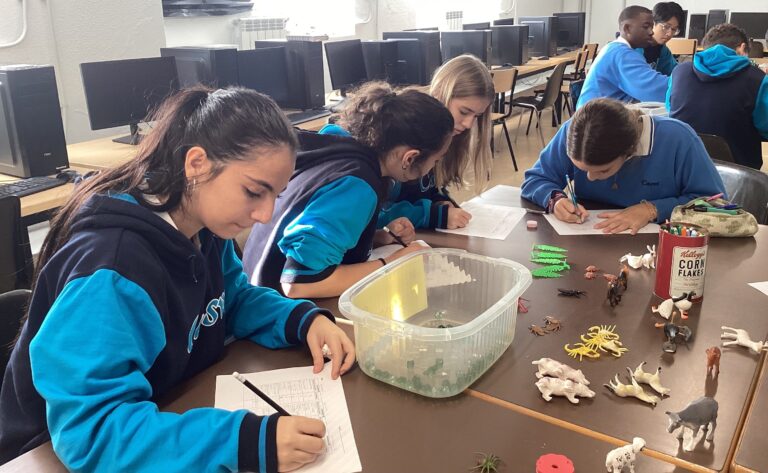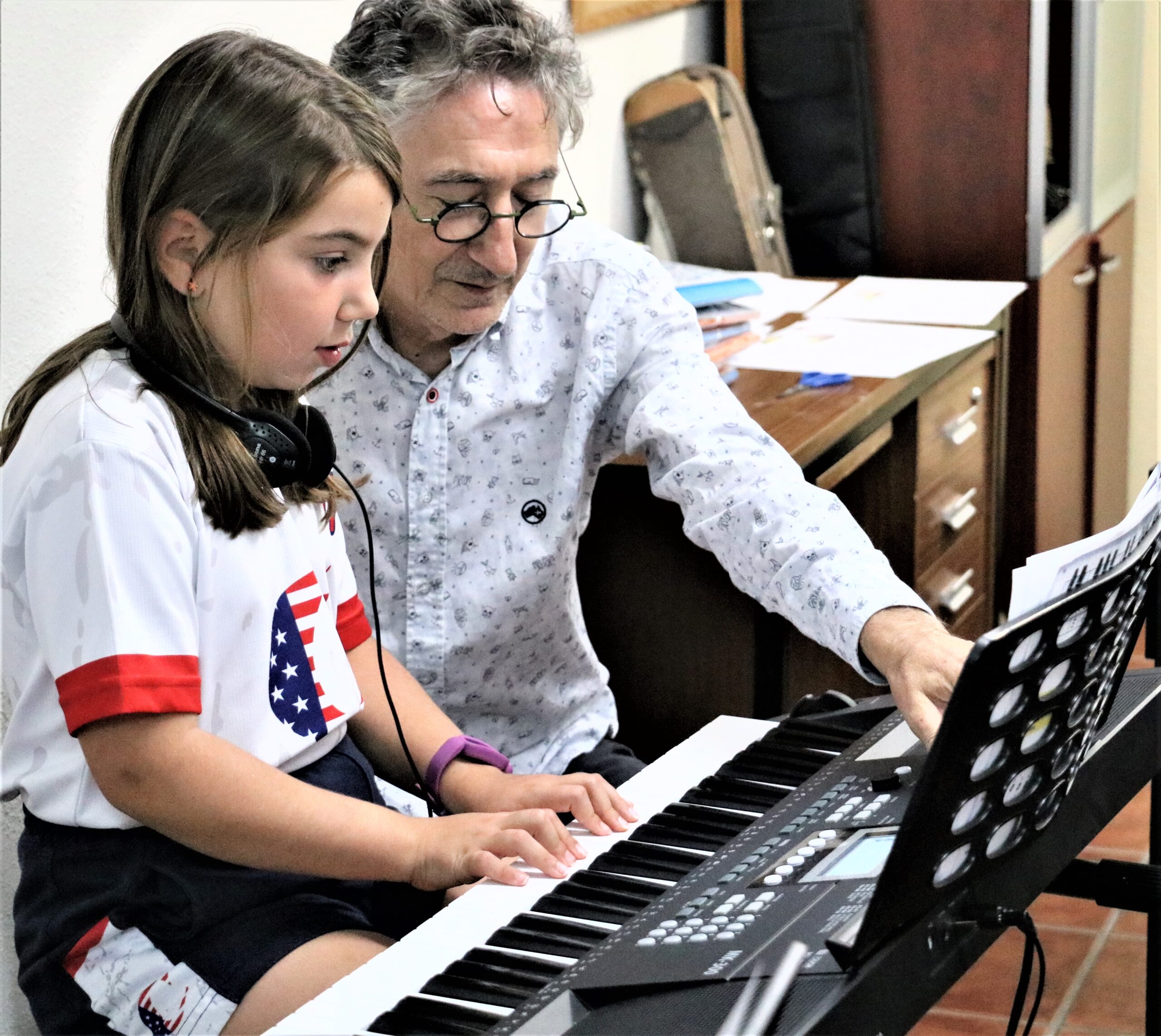What is positive discipline?
Positive discipline is based on mutual respect and understanding, promoting cooperation rather than confrontation. Instead of applying external punishments or rewards, this methodology focuses on teaching children to understand the consequences of their actions and to make responsible decisions autonomously.
Jane Nelsen, psychologist and author of the approach, states that positive discipline “is based on the fact that children are collaborators, not opponents, and must learn to manage their emotions with respect and empathy” (Nelsen, 2006). The goal is to encourage self-discipline by motivating children to behave correctly by their own understanding of the rules, not by fear or expectations of reward.
Why Teach Respect and Self-Control from an Early Age?
Respect and self-control are essential for children’s emotional development. With positive discipline, they learn to manage their emotions and behaviors in a reflective way. This helps them face everyday situations and future challenges with more maturity.
- Self-control: Children who learn to regulate their emotions have a greater ability to make responsible decisions. This allows them to reduce impulses and control their reactions. In addition, they learn to manage stress more effectively, which helps them face difficult situations more calmly.
- Respect: Teaching children to be respectful involves helping them understand the value of interpersonal relationships. It is essential that they learn to put themselves in the place of the other, developing empathy. In addition, they must be guided to resolve conflicts peacefully, without resorting to aggression or confrontation.

At Casvi Tres Cantos, we promote these values through emotional education. We integrate academic learning with emotional learning. We ensure that our students are excellent not only in their studies, but also in their abilities to live in society. You can read more about our educational methodology here.
Positive discipline strategies in the classroom and home:
Implementing positive discipline requires consistency and focus both at home and at school. Here are some effective strategies that we apply at Casvi Tres Cantos:
Set boundaries with love and respect: It is essential that children understand the rules, but they must be communicated clearly, consistently, and respectfully. The rules are not imposed in an authoritarian way, but are explained in a way that children understand the reason for each limit.
Model behavior: Adults should be role models. If parents or educators show self-control and respect, children will learn to imitate them. For example, if a child sees that their teacher remains calm in the face of a stressful situation, they will learn to manage their own emotions with serenity.
Encourage responsible decision-making: Explaining the natural consequences of actions allows children to reflect on their decisions. Instead of resorting to punishment, we teach them that every action has a logical consequence, which helps them take responsibility from a young age.
Listen to and validate children’s feelings: Before correcting a behavior, it is important to listen to children and validate what they feel. When children feel that their emotions are understood, they are more willing to follow suit and change their attitude.
Congratulate efforts, not just results: Reinforce efforts, such as when a child manages their emotions in a calm way, instead of just rewarding the result, strengthens their self-esteem and teaches them that the learning process is only as valuable as the final result.
At Casvi Tres Cantos, we apply positive discipline that, according to experts, serves to promote the emotional and social development of our students. With clear boundaries and a focus on respect and empathy, we create an environment where students learn to manage their emotions and make responsible decisions.
Long-term benefits of positive discipline
Positive discipline not only improves the classroom environment, but it also helps children develop the self-confidence and self-control they need for the future. At Casvi Tres Cantos, we are committed to providing our students with the emotional and social tools to grow as responsible and respectful individuals.
Through positive discipline, we create an educational community in which each student feels valued, understood, and motivated to reach their full potential, not only academically, but also personally.
Learn more about our school and methodology. Come and visit us!
If you would like to know more about our methodology, please contact our admissions team and we will be happy to show you our school in person. We believe in the comprehensive education of our students. That is why in addition to teaching them knowledge, we teach them to be global citizens and to develop public thinking. As an example of our methodology, we constantly organize events and fairs for their personal and professional development, such as the Science Fair.
Visit us and get to know our preschool and kindergarten at Casvi International American School!

